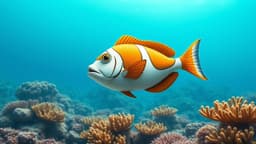Home / Health / Neonicotinoids Linked to Reduced Sperm Quality in Male Rodents
Neonicotinoids Linked to Reduced Sperm Quality in Male Rodents
6 Nov
Summary
- Comprehensive review finds neonicotinoid pesticides may harm male reproductive health
- Exposure linked to disrupted hormones, damaged testicular tissue, and reduced sperm count
- Researchers call for more investigation into effects on human health

According to a comprehensive review conducted in 2025, exposure to neonicotinoid insecticides, commonly known as neonics, may pose a threat to male reproductive health. The study, led by researchers at George Mason University, examined 21 experimental studies published between 2005 and 2025 and found consistent evidence that neonicotinoids could interfere with hormones, harm testicular tissue, and reduce sperm count in male rodents.
Neonicotinoids are among the most widely used insecticides in global agriculture, and their use in the U.S. has grown significantly over the last decade. When applied to crops, these chemicals are absorbed into the soil, water, and the plants themselves, making their way into the food chain. While originally developed to target insects' nervous systems, the researchers noted worrying biological parallels in animal studies.
The researchers emphasized the urgency for more investigation into the effects of neonicotinoids on human health, as the extent of the impact remains uncertain. They called for further research to help develop mitigation strategies, as the systemic nature of these pesticides makes them difficult to remove completely from food sources.




